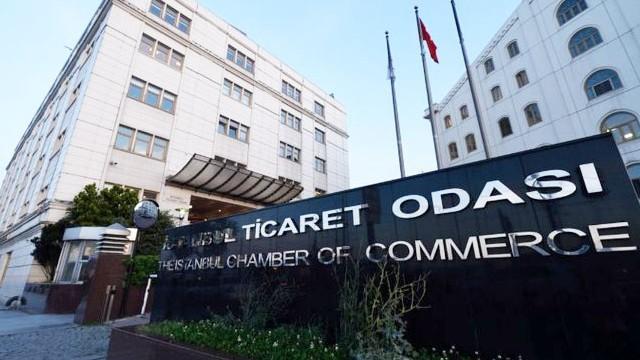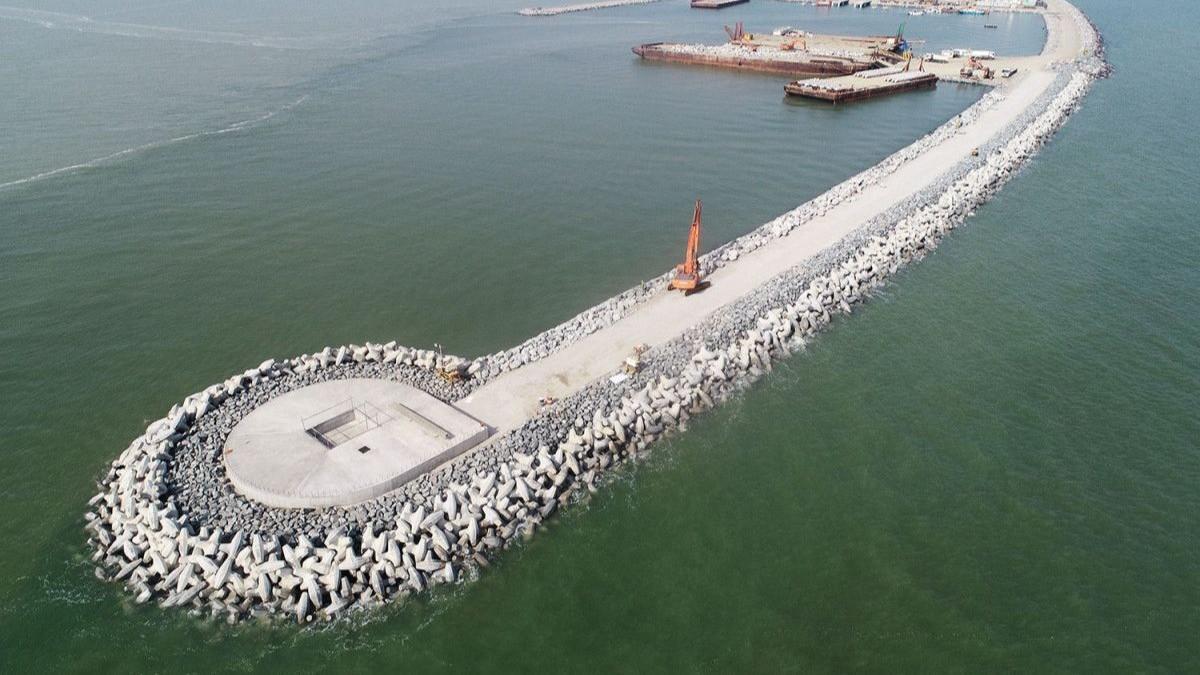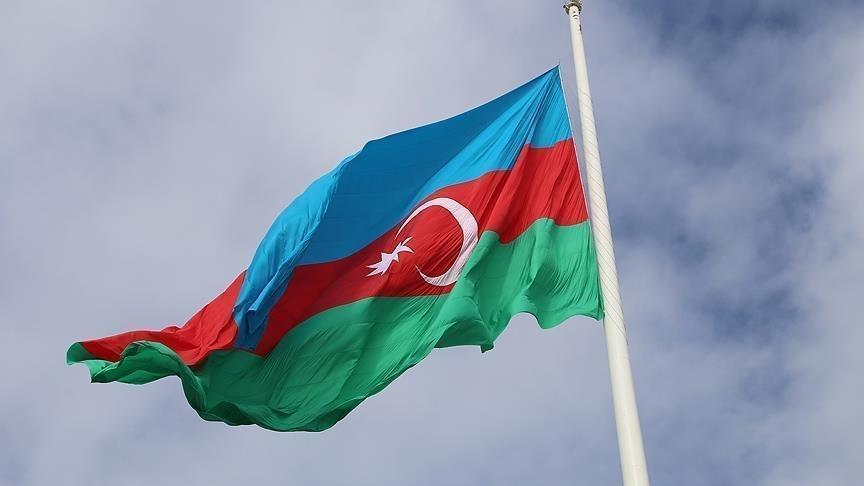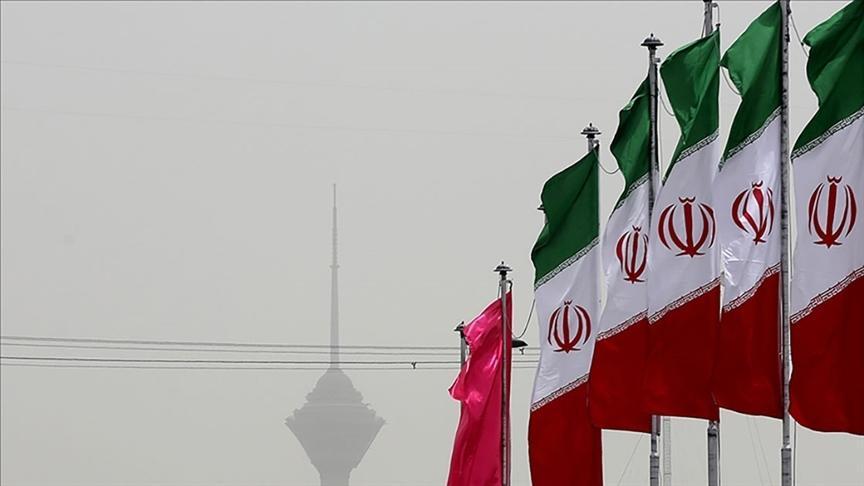PKK chief Öcalan’s 'historic call' to be released on Nevruz
ISTANBUL
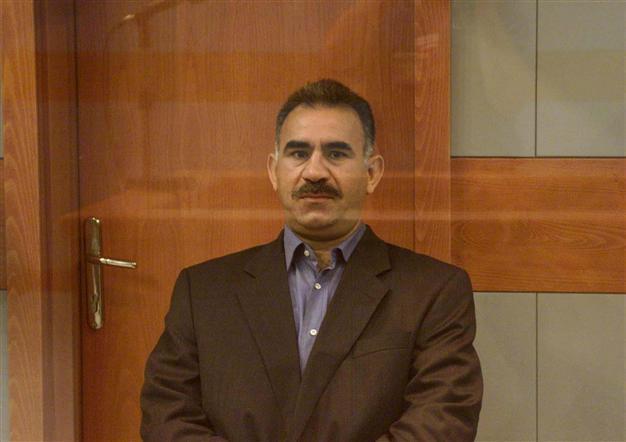
Hürriyet photo
Abdullah Öcalan, the jailed leader of the outlawed Kurdistan Workers’ Party (PKK), has said he will make a “historic call” on March 21, Nevruz, which aims to completely democratize Turkey while urging Parliament to work toward ensuring there is permanent peace in the country.“The current resolution process is proceeding on a positive course. Our aim is the democratization of all of Turkey. Our efforts are for this aim. Within a framework which would serve that aim, I’m carrying on my work in order to make a call for the March 21 Nevruz celebration,” Öcalan said in a message read out by Peace and Democracy Party (BDP) co-chair Selahattin Demirtaş yesterday following a third parliamentarian visit to İmralı island as part of the peace process.
“The declaration that I will prepare will be a historic call. This call will include satisfactory information about all military and political legs of the resolution. I also want to resolve the issue of arms rapidly and without the loss of even one life,” Öcalan said.
“I find the support which will be introduced by the Parliament which represents the supreme will [of the people] and by political parties very valuable. I hope that Parliament will do its part in line with the historical mission on its shoulders with the same rapidness for the rapid realization of the withdrawal [of PKK militants] and for having permanent peace,” he said, concluding his message by expressing his hopes about informing the public about the process in more detail as long as it proceeds.
Öcalan’s message came a day after Justice Minister Sadullah Ergin announced that the government could consider allowing Parliament to become involved in the peace process in the interests of securing PKK militants’ withdrawal from Turkish territories.
“If this withdrawal takes place, if these terrorists drop their arms and leave these territories and if there is a need for a legal act to make it [possible], then we could bring it to Parliament,” Ergin said in a televised interview on March 17.
The PKK leader is expected to make a call for a long-term cease-fire to the PKK during Nevruz celebrations on March 21, but many observers have suggested managing the withdrawal of thousands of armed PKK militants from Turkey to northern Iraq – a move that would eventually mean the end of the armed struggle – will be more important and difficult than declaring a cease-fire.
Öcalan and the PKK’s leaders in northern Iraq had previously voiced their concerns about the withdrawal and demanded the establishment of a parliamentary commission to observe this process.
A delegation of BDP lawmakers, consisting of BDP deputy parliamentary group chair Pervin Buldan and BDP İstanbul deputy Sırrı Süreyya Önder, along with Demirtaş, traveled to İmralı early yesterday.
Demirtaş did not respond to journalists’ questions after reading out the PKK leader’s message in the afternoon at Istanbul’s Ataköy Marina.
The BDP does not yet have the text of Öcalan’s “historic call” since it has not yet been finalized, meaning that it is possible that National Intelligence Organization (MİT) officials will deliver the call to BDP executives when it is ready.
Letters sent last month by Öcalan to the BDP, the PKK headquarters in northern Iraq’s Kandil Mountains and the PKK’s European wing were also assumed to have been conveyed by MİT. Öcalan reportedly shared his road map for a resolution in the letters.
Responses by all three addressees to his identical letters were expected to be handed over to Öcalan before his meeting with the BDP delegation yesterday, as Demirtaş announced March 16 that they had received the responses from Kandil and Europe.



